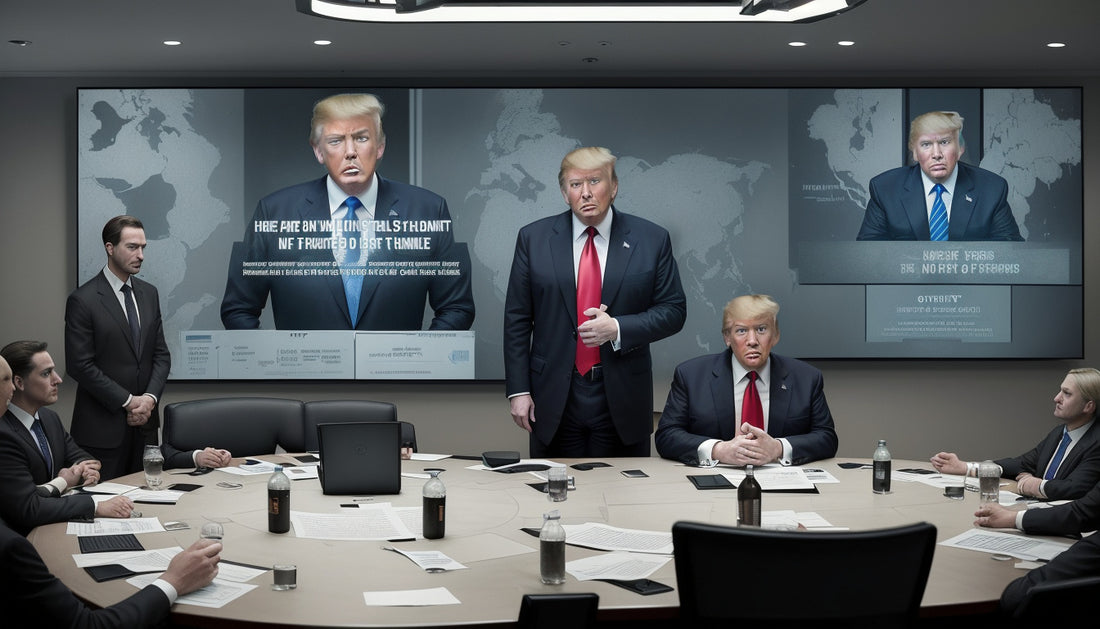
Crisis Alert: Why Intel's CEO Must Speak Out Amid Trump’s Demands for Resignation
In a rare public clash, President Trump calls on Intel CEO Tan to resign. He marks this step as urgent. The President links his demand to national security and points to Tan’s ties with Chinese firms. The call comes from the White House and forces Intel to act fast.
The Situation Unfolds
Trump launches his demand on social media. He labels Tan as "highly CONFLICTED" and demands his exit. Intel’s stock dips by 3.1% at once. National safety and a top U.S. tech firm mix here. Public opinion and investors quickly feel the shock.
Why Silence Isn’t an Option
Experts warn that silence can hurt. Kevin Donahue calls the crisis "potentially fatal" for Intel’s image. The firm must answer swiftly, clearly, and on many fronts. Intel must talk to investors, customers, employees, and government officials. A first statement shows a fit with U.S. safety and government rules. But more steady, plain action is needed.
Four Pillars of Effective Crisis Response
-
Swift and Multi-Front Communication
Intel must send fast, clear messages on many channels. The goal is to stop false news. Direct talks with media, social sites, and all groups keep the news under control. -
Clear Support or Separation
Intel’s board must choose: back Tan or make a clean break. Michele Ehrhart says drawing a clear line is key. Tan or his speaker should talk briefly and with purpose to set the tone. -
Cross-Functional Crisis Team
Intel must build a team that joins legal, government, and PR experts. This team shows that CEO choices are made with care. They also calm fears that past steps endanger national interests. -
Strategic Engagement with the White House
Evan Nierman suggests a careful deal with Trump’s team. The aim is to match the President’s needs with a smart plan. Working with close allies of the President can ease the face-off.
Broader Implications
Trump’s call is not alone. It fits a wider trend of careful views on top leaders in key U.S. fields. The case shows a firm must balance global work with home safety rules. Intel now stands at a fork, needing strong leadership and plain talk. How Tan and Intel answer may set new rules for crisis talks and business trust.
Conclusion
This crisis teaches one clear truth: silence is not a safe choice. In public and political storms, CEOs of key companies must speak fast and plain. For Intel and Tan, the time to act and explain is now.
